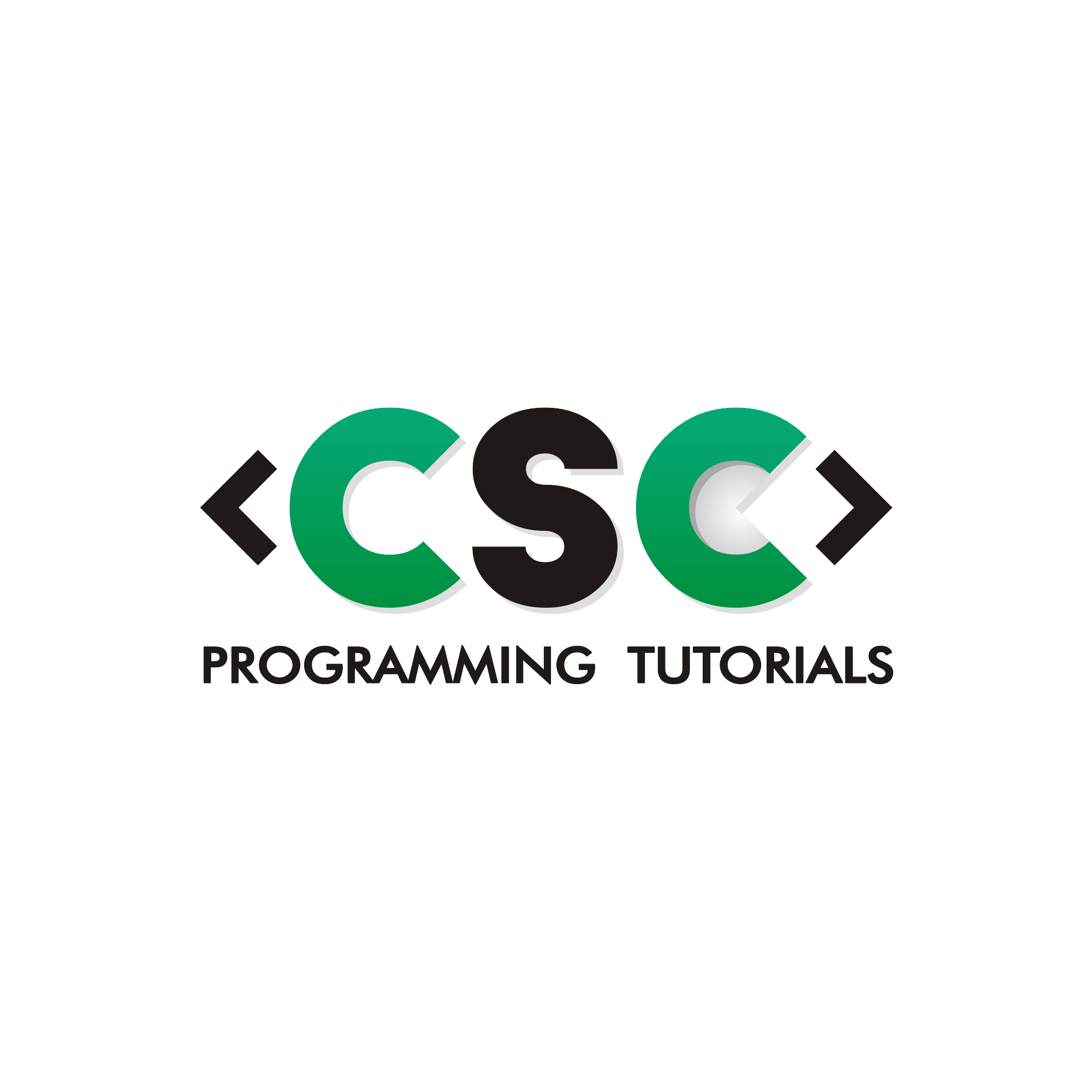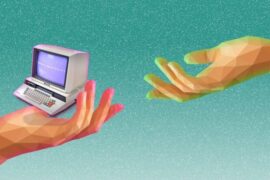The Basics of Computer Programming
Like most disciplines, you will begin by learning the fundamentals of computer programming. Depending on your instructor or curriculum, you will probably be introduced to the history of programming and its languages and find out about what has occurred over the years through a timeline.
You will also be introduced to the basic concepts and theories of programming and how they have evolved over the years. You’ll be able to see how fast programming has progressed over the centuries and learn the significant developments in this field. You will also encounter topics such as computer hardware, software, systems and language. You will have to learn these basics in order to understand how your field of specialization can contribute. This may seem too troublesome but really, you need to have a good background in the progress of programming to help give you a good grasp of its fundamentals.
Computer Software
The result of all your hard work is actually the computer software, so expect this topic to be included in your introductory course. Some of the topics you’ll find under this subject include application software, programming software and system software. During classes dealing with these subjects, you’ll learn how to use programming tools, database management systems, assemblers, debuggers, text and source code editors, and the like.
Programming
Finally, you will be introduced to the topic you’ve been raring to learn – programming. Here you’ll learn different types programming processes, styles and methods. You will learn the different types of programming including concurrent, functional, declarative (event-driven), imperative, object-oriented and Parsing.
Probably the next topics you’ll learn are the basic components of every computer program, such as the source code and the API or application programming interface. You’ll also learn how instruction is carried out to command a computer to execute a particular set of directions.
You’ll also learn programming languages, which will introduce you to the kind of language you have chosen to specialize in. Your instructor might also present your class with a simple comparison of the different types of languages in use today and you’ll also probably learn the types of languages that have lost favor or are already obsolete. You’ll learn semantics, dialects and theories.
This is also where you’ll begin learning how to program or write codes. Although your learning at this point will consist of lectures, a good part of your class will be spent working hands-on so you can begin practicing what the instructor has taught you. This is how your progress as a computer programmer will be evaluated.
The process of programming
One of the earliest topics you will encounter when learning computer programming is the process with which codes and computer languages are designed and produced. The process of programming includes several steps, such as:
- Definition of the problem.
- Design or plan of the solution.
- Design of the code to be used for the program.
- Testing and evaluation of the program.
- Documentation.
Debugging, Testing and Maintenance
Probably the final list of topics you’ll learn as your introduction to computer programming is application. In these topics, you’ll learn how to test the program you have written, spot and locate any errors and correct them.


